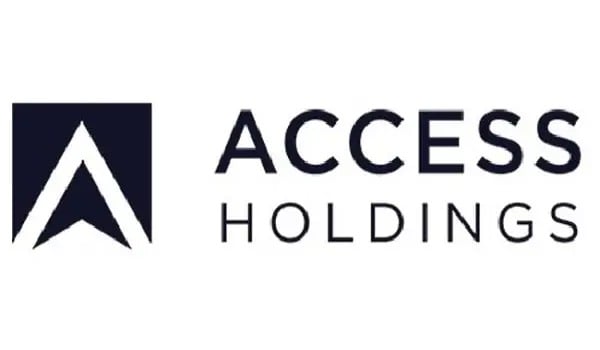Hydrogen, the fintech subsidiary of Access Holdings, has posted a profit before tax of N966 million for the half-year 2025, a staggering 306% increase compared to N238 million in the same period last year.
The company’s operating income surged to N4.1 billion in June 2025, up from N3.1 billion in June 2024, reflecting robust growth in its digital financial services and expanding customer base.
Operating expenses rose moderately to N3.2 billion, compared to N2.9 billion in the previous year, indicating strategic investments in infrastructure and innovation.
Access Holdings says Hydrogen Payment Services Company Limited has started breaking ground in the fintech industry with the seamless and reliable solutions it offers to businesses in Nigeria.
“Hydrogen’s vision is to build Africa’s most powerful business services network. Hydrogen offers a wide range of products and services, including InstantPay, Payment gateway, POS, Card, and Switch, which have been well-received by customers and the industry as a whole,” the group noted in the financial statement.
The rise of bank-owned fintech subsidiaries such as Hydrogen (Access Holdings), HabariPay (GTCO), and Zest (Stanbic IBTC) is a direct outcome of the Central Bank of Nigeria’s (CBN) 2010 regulatory directive mandating commercial banks to adopt a holding company structure. This strategic policy shift enabled banks to diversify into non-banking services, particularly digital payments, through independently licensed entities.
GTCO was the first Tier-1 bank to capitalize on this opportunity, launching HabariPay in June 2022. The subsidiary has since evolved into a profitable fintech enterprise, targeting SMEs and retail merchants through its flagship Squad platform.
Access Holdings followed suit with the establishment of Hydrogen in September 2022. Unlike its peers, Hydrogen initially positioned itself as a backend infrastructure provider, offering embedded financial services to other fintechs, banks, and telecom operators, rather than pursuing a direct-to-consumer model.
Stanbic IBTC entered the fray in October 2023 with the launch of Zest, a fintech subsidiary designed to transform the digital commerce landscape. Zest aims to democratize online selling by removing entry barriers and simplifying the process for businesses to establish and scale their digital presence.
By separating core banking operations from ancillary services, the CBN’s framework opened the door for traditional financial institutions to compete more aggressively with agile, non-bank fintechs like Opay, Palmpay, and Moniepoint. These bank-backed fintechs are now leveraging their parent institutions’ infrastructure and trust to scale rapidly in Nigeria’s dynamic digital finance landscape.

